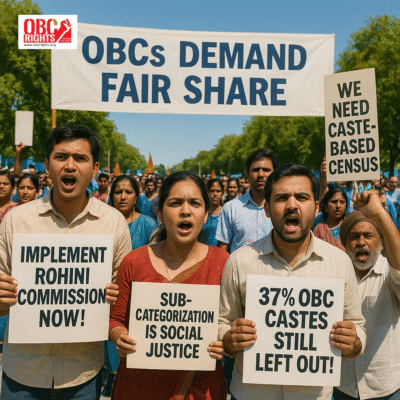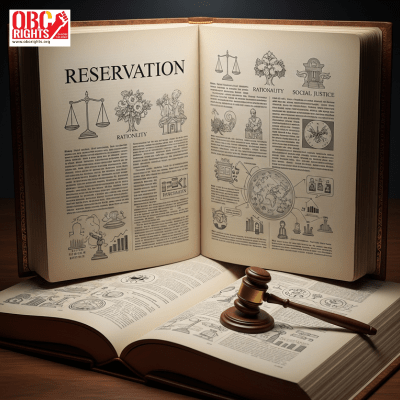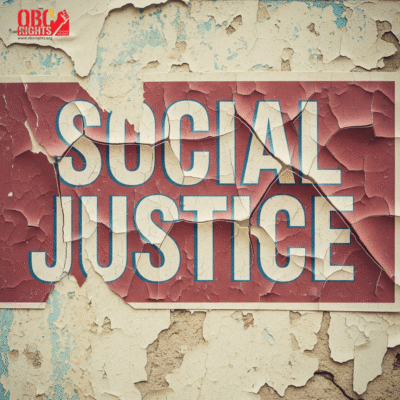India’s reservation system is meant to give equal opportunities to those who have been left behind socially and educationally. For decades together, among them, Other Backward Classes (OBCs) have been given 27% reservation in central government jobs and educational institutions. But the reservation, which had been given after a period of 42 long years, has not yet been fully given. Only 19% has been given to OBCs. Let’s break it down and understand why there’s now a strong push for Sub-categorization of OBCs.
What’s the Problem?
Although OBCs receive 27% reservation, only a few dominant castes are benefiting. Based on data from 1.3 lakh central government jobs and admissions, a 2018 report highlighted:
- Only 25% of OBC castes accounted for 97% of the total benefits.
- Around 983 communities (37%) got no benefits at all
This reveals a serious imbalance—many communities within the OBC category are being left out.
Why Sub-Categorization Is Needed:
- Unequal Access
A few powerful castes dominate the benefits, while others are left behind. - Fair Representation
Dividing the 27% quota into smaller categories ensures that more disadvantaged groups also get their fair share. - Lack of Updated Data
Without current caste data, it’s hard to ensure equitable distribution. This has led to growing demands for a caste-based census. - True Social Justice
Reservation focuses on correcting systemic historical wrongs, rather than simply addressing poverty. Sub-categorization ensures support reaches those truly in need.
What is Sub-Categorization?
It is the division of the 27% OBC quota into smaller groups, so that the most underrepresented and backward communities receive appropriate opportunities in jobs and education.
Legal and Policy Developments:
In 2017, the Rohini Commission was set up to examine sub-categorization.
The report revealed that nearly 40% of OBC communities were completely unrepresented in central government jobs and educational institutions.
The report is yet to be implemented, but it highlights the need for a more balanced and just reservation system.

Conclusion
The principle cause for the afore-detailed injustice–imbalance is that the successive governments failed to comply with the direction of Article 340 of the Constitution of India. Sub-categorization is essential to ensure that the benefits of reservation truly reach those who need them most. But for it to work effectively, updated and detailed caste data is crucial. Without reliable data, any effort to ensure fair distribution becomes guesswork. A caste-based census would provide the foundation needed to design policies that are not only inclusive but also just.
It’s time to move beyond assumptions and act on evidence—to make the reservation system more balanced, transparent, and equitable for all OBC communities.
Justice isn’t complete until every OBC voice is heard. Raise your voice, reclaim your right!!..



